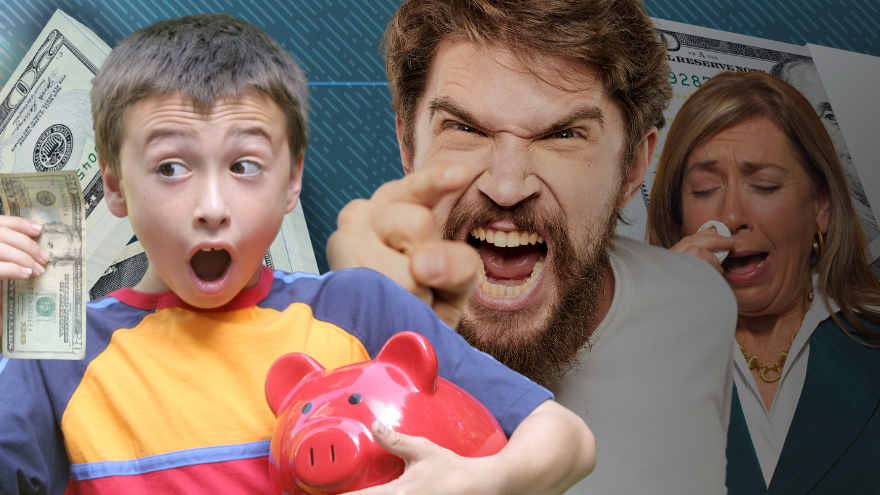Children in Illinois who appear in monetized videos will be able to sue their parents if their earnings are not set aside following a new law signed by Governor J. B. Pritzker on Aug. 11.
The first-of-its-kind law, Senate Bill 1782, addresses concerns about minor social media influencers who are typically not protected under child labor laws. The law specifically targets “vloggers” which it defines as “an individual or family that creates video content, performed in Illinois, in exchange for compensation, and includes any proprietorship, partnership, company, or other corporate entity assuming the name or identity of a particular corporate entity assuming the name or identity of a particular individual or daily for the purpose of that content creation.”
“The internet provides more opportunities for children to display their creativity than ever before,” said a spokesperson for Pritzker in a statement to Gizmodo. “In the event that minors are able to profit from that creativity, they deserve to be shielded from parents who would attempt to take advantage of their child’s talents and use them for their own financial gain.”
The law is scheduled to take effect on July 1, 2024 and will require minors under the age of 16 to receive a cut of the profits generated from monetized videos in which they appear. To qualify for compensation, a minor must appear in 30% of the video content over a 30-day period. The adult in charge of the account that shares the video online must set aside a portion of the content’s profit in a trust account that the minor will receive when he or she turns 18.
“Content percentage is measured by the percentage of time the likeness, name, or photograph of the minor virtually appears or is the subject of an oral narrative in a video segment, as compared to the total length of the segment and the number of views received per video segment on any online platform met the online platform’s threshold for the generation or compensation or the vlogger received actual compensation for the video content,” per the law.
The regulations only apply to content made in Illinois which earns 10 cents or more per view.
Parents who create video content that feature their children will be required to keep records of each minor’s age, the total minutes each child appeared a vlog, the total number of vlog minutes recorded, the total compensation earned during a reporting period, and the amount deposited in each minor’s trust account. Parents will also need to able to provide these records to the minors. Failure to meet the record-keeping standard or transfer money to a child’s account could result in civil action.
The new law was inspired, in part, by a teenager in state Senator David Koehler’s district. Shreya Nallamothu, now 16, reached out to Koehler after noticing that “there’s a lot of exploitation that can happen within the world of ‘kidfluencing’” while scrolling through TikTok during the pandemic.
“I realized that there was absolutely zero legislation in place to protect them,” she told The Chicago Sun-Times.
SB 1782 was passed unanimously by the Illinois legislature in March.
“The rise of social media has given children new opportunities to earn a profit,” Koehler said in a press release on Aug. 11.
“This new digital age has given us tremendous opportunities to connect with one another, but it’s also presented legal issues that have never existed before,” he added. “We need to work with our children to see the problems they face and tackle them head-on before any further harm is done.”
